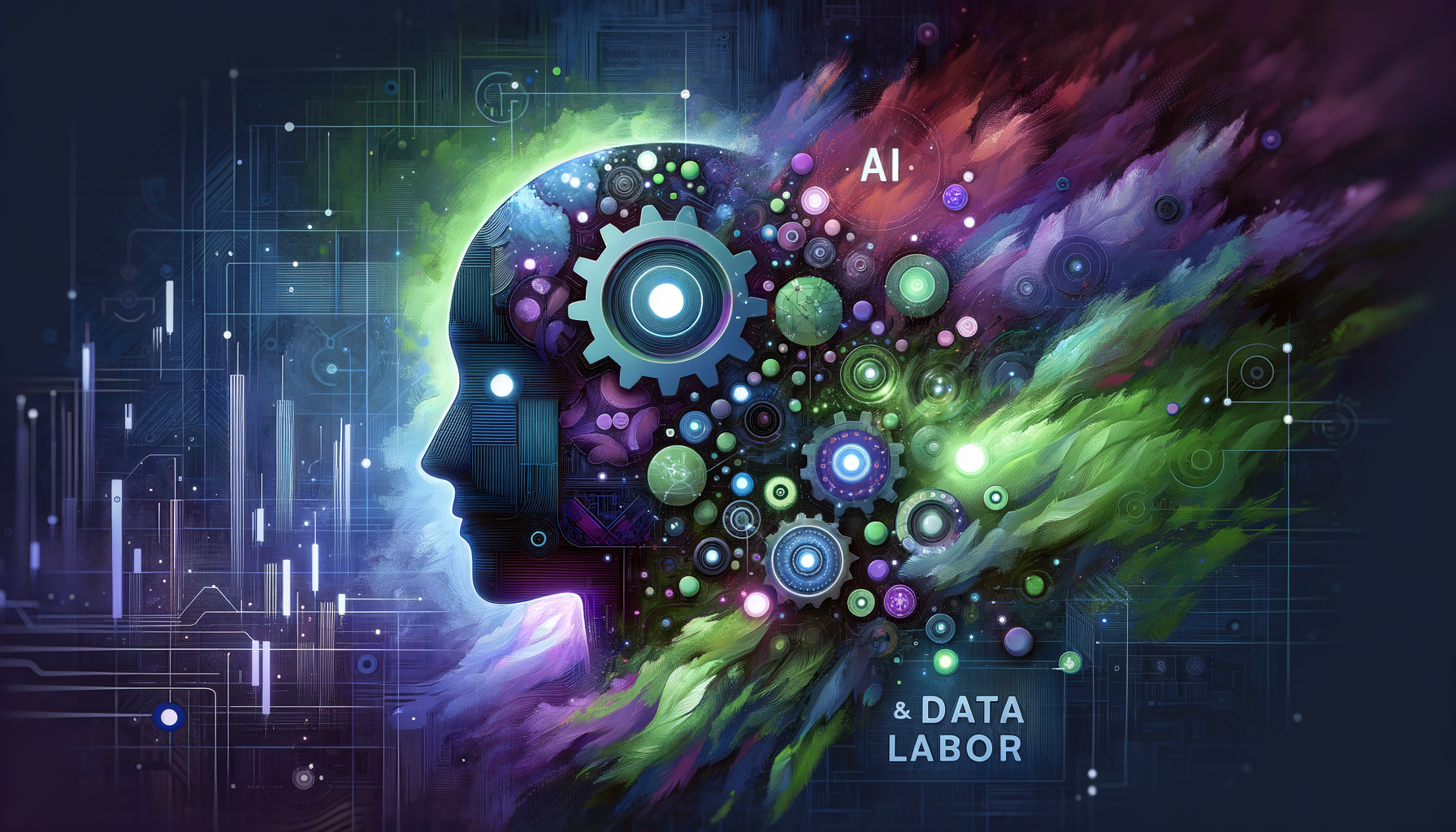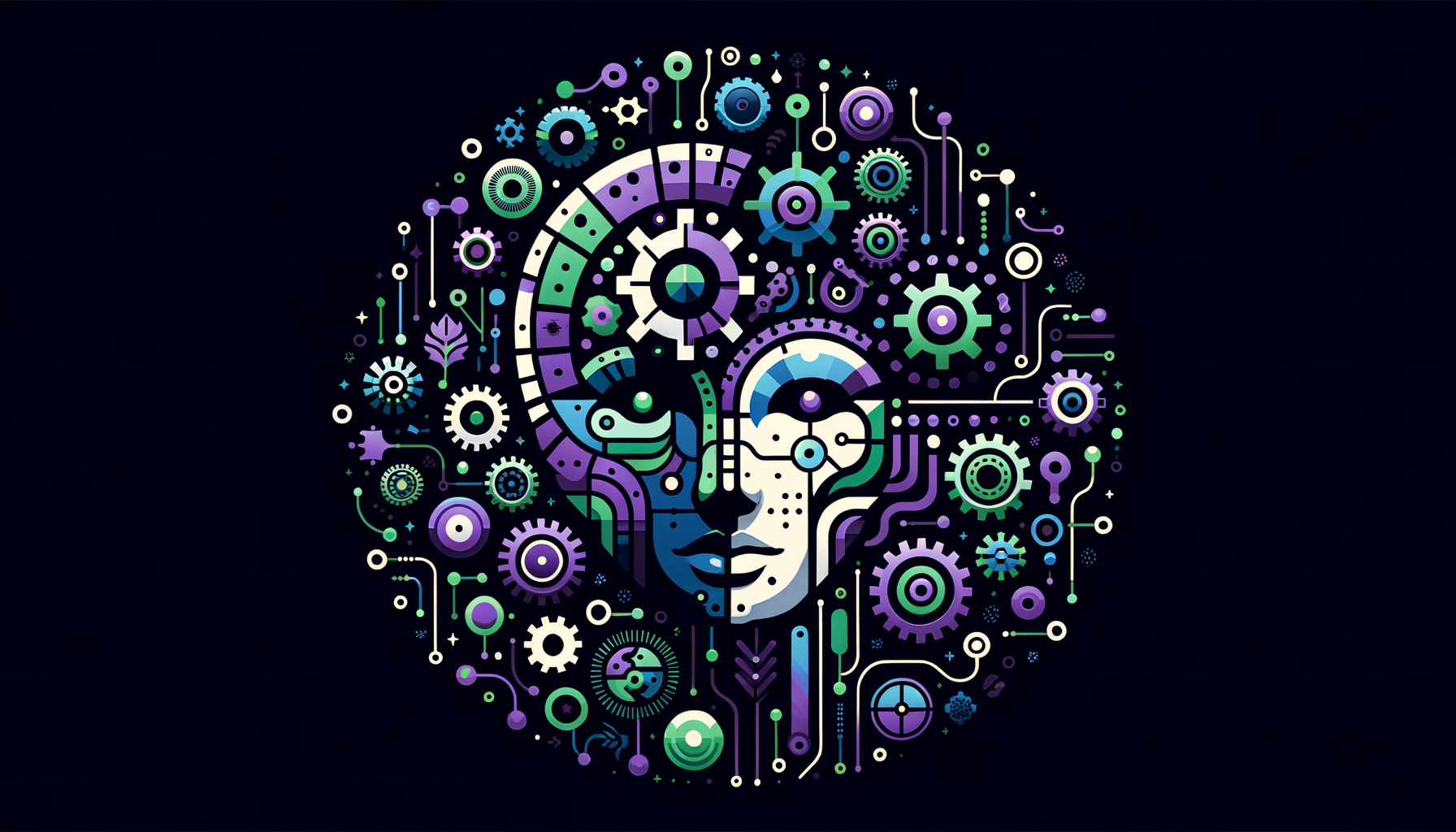The Emerging World of AI Expert Data Labor: The Case of Remotasks
Artificial Intelligence (AI) has been increasingly woven into the fabric of our daily lives, finding its use in fields ranging from entertainment to healthcare. While the discussion often revolves around the software and programming aspects of AI, the crucial role of data labor often goes unnoticed. The fascinating case of technology startup Remotasks provides a glimpse into this new world of AI expert data labor.
Understanding AI Expert Data Labor
In the realm of AI, quality data is a priceless commodity. Machine learning models, the “brain” of any AI system, require extensive amounts of information to train and become accurate in their predictions. This data is typically gathered, cleaned, and annotated by human workers, a process known as data labor.
Data labor is often outsourced to countries with lower labor costs. Workers use platforms like Remotasks to perform tasks such as image annotation, transcription, data collection, and other roles pivotal in refining the raw data that fuels AI systems. This labor-intensive work is crucial to the development and refinement of AI models, though often overlooked.
Remotasks: Pioneering the Future of AI Expert Data Labor
Founded in 2017, Remotasks emerged as a platform that connects AI companies with data laborers worldwide. Workers get paid for completing microtasks that contribute to the training of AI systems. These microtasks range from labeling images for self-driving cars to transcribing audio files for natural language processing (NLP) systems.
Remotasks offers an intriguing model where AI companies can source their much-needed data while providing an income stream for people across the globe. Several individuals have found an opportunity to upskill and earn their livelihood through this platform.
The Remotasks Model and Cybersecurity
With the increasing reliance on data labor in AI development, the question of data safety and cybersecurity inevitably arises. At Hodeitek, we understand that the safety of your cyber infrastructure is paramount.
While platforms like Remotasks provide much-needed data for AI training, they also have the potential to pose security vulnerabilities. This article delves into the nitty-gritty of the Remotasks model, shedding light on the implications it has on cybersecurity and the strategies needed to safeguard against possible AI expansion risks.
Protecting Personal Information
When it comes to data labor, the most common form of personal information handled is Personally Identifiable Information (PII). PII is data that can be used to identify, contact or locate an individual, such as IP addresses, social security numbers or banking details. With Remotasks platform handling data from various sources, the potential for PII exposure and misuse is a real concern.
Data Anonymization
One possible solution is data anonymization. This process involves removing or encrypting identifiable data to prevent the identification of individuals. Anonymization strategies include data masking, pseudonymization, and the use of synthetic data. Though anonymizing data prior to labor work can potentially tamper with its authentic nature, it’s a trade-off necessary for protecting privacy.
Ensuring Secure Data Transmission
Another crucial aspect of data labor protection is secure data transmission. Information must be safely transmitted between AI companies, Remotasks, and data laborers. This involves robust encryption protocols and secure transmission channels that protect data from potential interception or unauthorized access.
End-to-end Encryption (E2EE)
In order to ensure data safety while in transfer, it’s pertinent to mention the concept of End-to-End Encryption (E2EE). As a provider of encryption services, we at Hodeitek, highlight the necessity of encrypting data at rest, in motion, and in use. This is essential to prevent interception and alterations during transmission.
The Social Impact of Remotasks
Beyond the technological implications, the rise of expert data labor through platforms like Remotasks also has substantial social impact. The promise of remote income has enabled unemployed or underemployed individuals in developing countries to access new income streams. In doing so, Remotasks fosters economic stability and growth.
On the flip side, the question of fair compensation arises. As with many other gig economy platforms, workers on Remotasks are paid per task, often resulting in wages far below the minimum in developed countries. The ethics of such pay models deserve extensive scrutiny.
Conclusion: Navigating the Future of AI Expert Data Labor
AI Expert Data Labor is undeniably a crucial piece in the complex puzzle of AI development. As we navigate this emerging world, understanding key players like Remotasks and the implications they pose becomes ever more critical. From ensuring data safety and cybersecurity to understanding the social impact of these platforms, we need to ask ourselves the right question and strive for solutions that protect both individuals and enterprises.
By harnessing the good that expert data labor brings, and adequately addressing its challenges, we can pave a path towards an ethical and secure AI-driven future.
.






